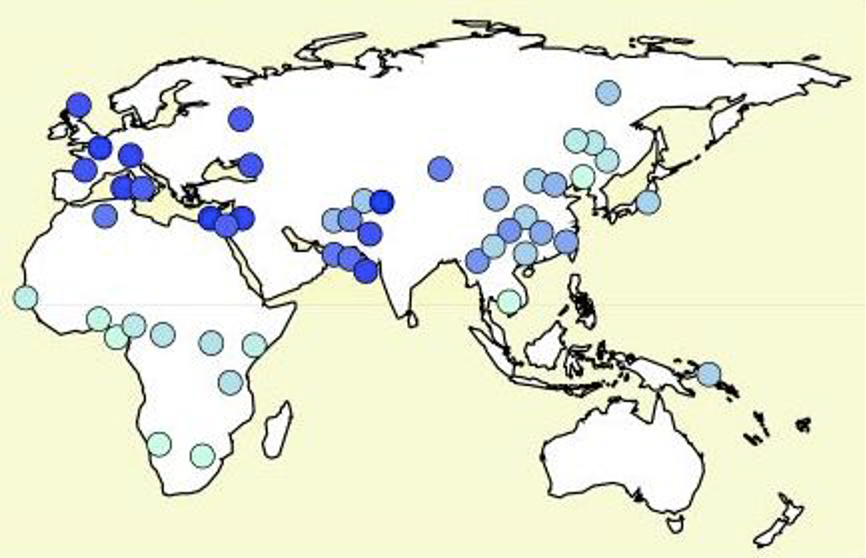This week's display of ignorant peeving
David Ulin, "I Can’t Stand These Words Anymore", The Atlantic 12/30/2020:
Recently, I noticed a headline in The New York Times that featured the word tasked. This is among my least favorite rhetorical strategies—the verbing of the noun. Contemporary American English is rife with such constructions: to journal, to parent, to impact, to effect. I wince a little every time I come across one.
Jonathan Lundell, who sent in the link, notes that
The gripe is that task got verbed, particularly delicious in that the earliest OED citations for verbed notice, feature and task (in the modern senses) are 1660, 1888, and 1530 respectively.
Read the rest of this entry »





